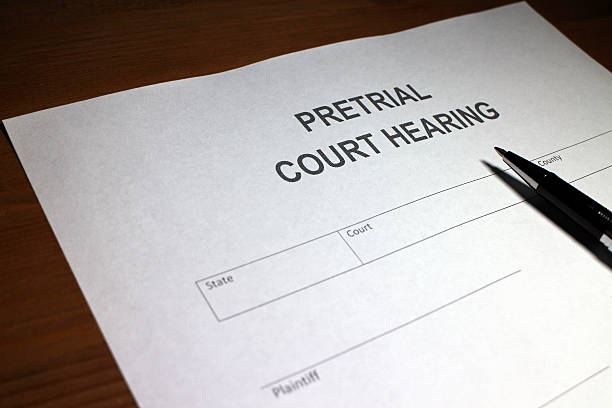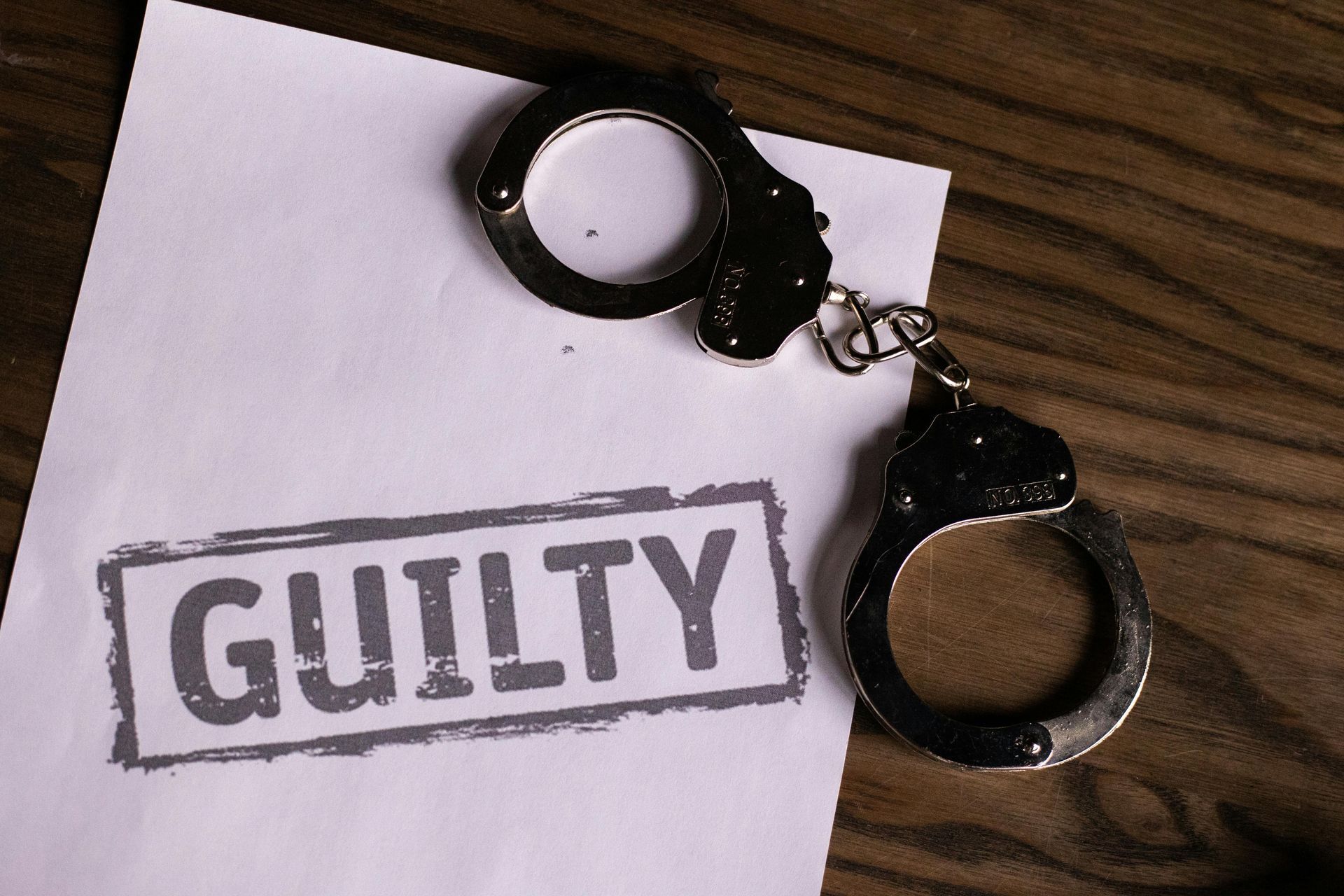The Nicholson Nugget, March 2020
The Nicholson Nugget March 2020, issue 6
This is The Nicholson Nugget: the official newsletter of the Law Office of Mark Nicholson. You can subscribe by clicking here.
In this month’s issue we have an article written by Peggy Morgan, our Spring Intern. She interviewed the manager of Shoot Point Blank gun range. We also have an article written by one of my former law students concerning the 4th Amendment.
March has been a very challenging month with the COVID-19 (aka coronavirus) shutting most things down. I have posted videos about the changes we have made considering this crisis.
We hope that everyone is being safe and following the governor’s stay-at-home order. Our office is using Zoom video to conduct meetings. I posted on my website an article about the changes the courts have made because of COVID-19. Its title, Indiana Courts and the Coronavirus.
Please stay safe in this very difficult time.
Hitting the Mark: Ushering in a New Era of Firearm Education
“People were more interested in letting him know
what he didn’t know than what he needed to know.”
Sean Rink, manager of Shoot Point Blank Indy North, recalls the experience of the company’s founder and CEO, Tom Willingham , as he tried to purchase a firearm—an experience which ultimately incited him to start his own gun range and firearm retailer with safety and education at its base.
As I entered Shoot Point Blank
, a tall, clean-cut man held the door open for me with one hand, his other clutching the frayed strap of a long, olive toned tote. His close-cropped hair and weathered yet kind face illustrated perfectly the person I would expect to find at a gun range. But as I sat down with Sean Rink, he explained that he manages the Indy North
location to be welcoming to individuals of every firearm skill level, not only the expected military type. With weekday specials like Ladies’ Night and Date Night held in the presence of a range safety officer, Shoot Point Blank
offers a welcoming and safe environment for every individual.
Largest Gun Range
The largest privately owned gun range and firearm retailer in the world, Shoot Point Blank puts education above all else—literally. The walls of the store bear not only perfectly positioned guns, showcasing limitless possibilities to customers, but above the merchandise hang signs offering advice in friendly script; one reads, “Educate yourself, it’s just right!” That’s what the sales associates aim to help with. Rink explained that he and his colleagues want customers to have a good purchasing experience, but they also want everyone to be safe, which is why they work hard to match the potential firearm to customers’ specific needs. During this process, Rink and his associates, “don’t want anyone to feel like they can’t ask as many questions as they want.”
Shoot Point Blank
However, Shoot Point Blank
doesn’t stop offering education and safety advice once the customer purchases a firearm. Certified instructions lead education classes and private lessons in bright and open rooms right inside the building. Regardless of current skill or knowledge level, every customer who walks through the doors learns and becomes even more safe and secure in the handling of their firearm. There’s even the possibility for analytically minded customers to assemble their own rifle with the help of an armory expert. So, whether consumers want to learn how to reload their firearm or investigate the mechanisms behind the action, Shoot Point Blank
has no shortage of options for furthering firearm knowledge and education.
While Rink ensures he and his colleagues can provide articulate and educated answers to technical questions regarding firearm usage, he urges customers to consult with an attorney concerning legal questions.
Attorney Mark Nicholson is highly experienced in Indiana and Federal gun laws. So, before or after purchasing a firearm from Shoot Point Blank , give the Law Office of Mark Nicholson a call when you have legal questions.
Author: Peggy Morgan, Spring Intern

Peggy Morgan, Spring Intern
Nugget of the Month
“Hard times are sometimes blessings in disguise. We do have to suffer but in the end it makes us strong, better and wise.”
Anurag Prakash Ray
We created the Fourth Amendment to the United States Constitution to “protect people, not places,” inside the United States of America from unreasonable searches and seizures by the government. The Fourth Amendment is not a guarantee against all searches and seizures, but only those that are unreasonable under the law. Unfortunately for those in prison, the right to remain free from searches and seizures is virtually non-existent because prisoners have a diminished expectation of privacy. In fact, in Hudson v. Palmer , the Court asserted “the Fourth Amendment proscription against unreasonable searches does not apply within the confines of the prison cell.” 468 U.S. 517 (1984).
Two Types of Searches
There are two main types of searches of prisoners: searches of their living space and searches of their person. They conduct both searches to look for contraband, including weapons and drugs. In Marion County, drug possession in prisons is on the rise, and within the last few years, there have been fentanyl outbreaks causing many inmates and employees to become very ill. They permit prison officials to search all areas within the jail or prison at any time, including inmate’s cells, recreation areas, and the areas surrounding the jail or prison. They can conduct these searches without probable cause or even reasonable suspicion, because it is the duty of prison officials to keep the jails safe; therefore, they must be permitted “unfettered access to these cells.” Hudson v. Palmer , 468 U.S. 517. The Court has asserted that any contraband found may be seized. Id. Pat down searches of the person may be conducted , stripping the individual of all of their clothing.
Absence of Fourth Amendment
I think the absence of Fourth Amendment protections in jail is abhorrent. While there should be a diminished expectation of privacy, similar to the lesser expectation of privacy we afford a person when he or she travels in a vehicle, there should still be some semblance of privacy interests. Like in Lanza v. New York , I believe that the jail or prison is a person’s home and deserves to be protected. 370 U.S. 139 (1962). A large majority, if not all, of police forces have trained dogs on their staff. Many of whom work in the jails. It would be very effective and cost efficient for a dog to sniff a cell or a person to search for drugs. If the dog alerts, then the officers would have reasonable suspicion and/or probable cause to search the property or person. This is very similar to what would happen at a legal traffic stop. It would be very easy for officers to do in prisons.
Similarly, officers should get reasonable suspicion and/or probable cause before searching for weapons, just like they must with traffic stops. While I recognize the inherent danger of weapons, the inmates are still human and should be afforded their Fourth Amendment protections, even in jail or prison, as that is their home.
Author: Cayla Irlbeck, Former Law Student
The post The Nicholson Nugget, March 2020 appeared first on Law Office of Mark Nicholson.





















